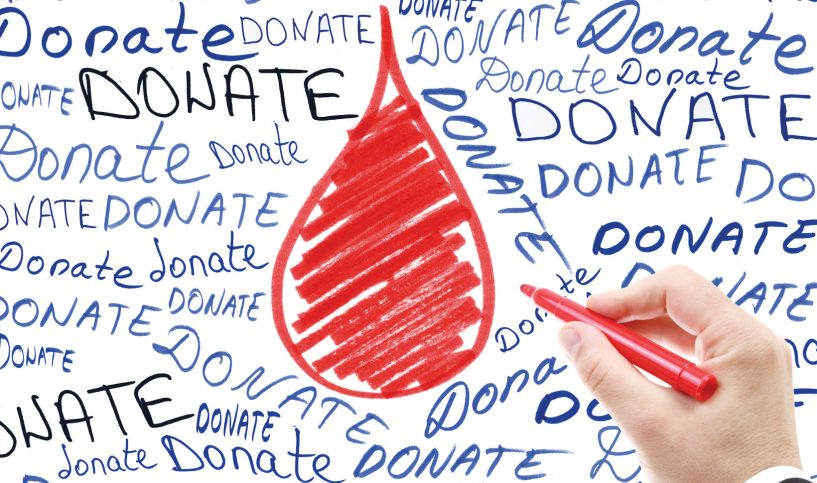“Service to others is the rent we pay for our room on earth.” – Muhammad Ali
A somber predicament faced by cancer patients and victims of car accidents are the various forms of trauma. A medical term for injury, trauma can be physical or psychological, and has the potential to impact our lives in significant, long-lasting ways. Any kind of life accident has three elements: the initial crisis, the treatment or cure and the psychological aftermath.
Initial Crisis
The importance of blood donation in a country that is infamous for its alarmingly high rates of motor vehicle accidents cannot be overestimated. Last year, Al-Qabas reported over 44,000 road accidents took place in Kuwait in the first six months of 2012 alone, with 4,895 people injured (including 2,397 sustaining serious injuries or suffering disabilities), a massive increase of 900% in injuries from the same period the previous year. Surprisingly, it isn’t victims of car crashes that most require blood in Kuwait, but other patients undergoing treatment for cancer and hematological diseases like leukemia, hemophilia and thalassemia. As per the Central Blood Bank in Jabriya, over 50,000 people—nationals and expats—in Kuwait need blood transfusions annually.
Treatment
The entire process of blood donation, from registration to repose, takes about an hour, and the act of donating blood itself, less than ten minutes. Blood constitutes of red blood cells, plasma and platelets, each of which can be used for a different patient. An hour of your time is all it takes to save up to three lives! Each component of blood varies in terms of usage—surgery, loss of blood, burns, shocks, organ transplants, cancer treatments etc.— and shelf life, with plasma lasting a year, red blood cells up to 42 days and platelets lasting only 5 days, which is why blood donation is such a necessity.
Besides having a hand in saving someone’s life, you can be content with the knowledge that blood donation gives rise to some health benefits for the blood donor:
- Donating blood reduces the amount of iron in the body. While iron is a vital mineral that carries oxygen to blood cells, prevents anemia and is essential to the functioning of the body, research shows that excess levels of iron could increase the risk of cardiovascular disease, specifically in men and post-menopausal women. One needn’t worry about losing iron as the bone marrow replenishes the red blood cells lost within 56 days of donation (after which it is safe to donate again), and the iron in the body can be restocked through the maintenance of a balanced diet.
- A donor undergoes a free health screening preceding blood donation, including a temperature and blood pressure check as well as a test for hemoglobin levels, which can serve as early indicators of high blood pressure and other ailments, encouraging donors to adopt a healthier lifestyle.
- The above are, however, eclipsed by the tremendous joy and positivity that surges through your being on donating blood and knowing that you’ve played a small but crucial part in giving back to the community.
Psychological Aftermath
Psychological trauma often takes the form of traumatic stress, which leads to post-traumatic stress disorder (PTSD), a serious mental condition that may develop on the witnessing or experiencing of a life-threatening event, leaving a patient in severe mental anguish. While symptoms differ in patients, crash victims may be plagued by anxiety and phobias of death and driving. Hearing sirens could trigger panic attacks and nightmares. Cancer patients may develop PTSD on learning they have been diagnosed with cancer, at different stages of treatment, or even years after successfully undergoing it. Symptoms can include anxiety, insomnia, stress and fear. Patients try to cope with the devastating effects of cancer by avoiding thinking about it or people or places that remind them of it, but this seldom helps. Research indicates that therapy is an effective and proven method of dealing with PTSD. No one should have to suffer alone and help is out there, all one has to do is seek it.
There is nothing more valuable or uncertain than human life. Weave the altruistic and rewarding act of blood donation into your lifestyle; drive down to the blood bank every few months and donate blood. The life you save could quite well be your own or that of someone you love.
As it happens, Soor Center is hosting a blood donation drive from 9 am – 1 pm on Thursday, June 20, 2013. For more information, visit
www.soorcenter.com or follow @SoorCenterQ8.











